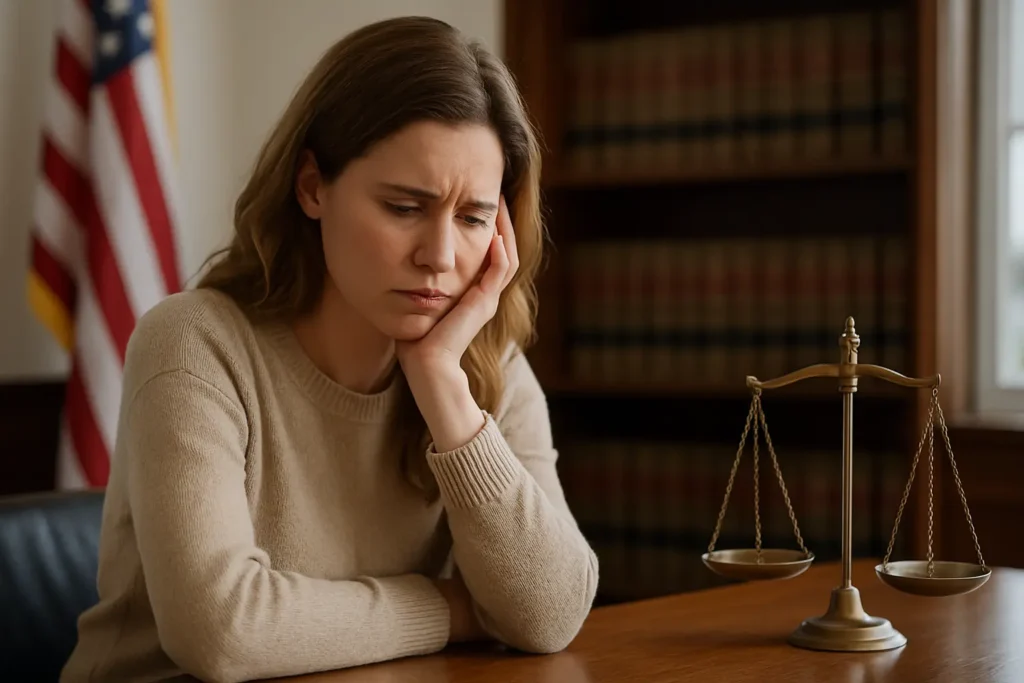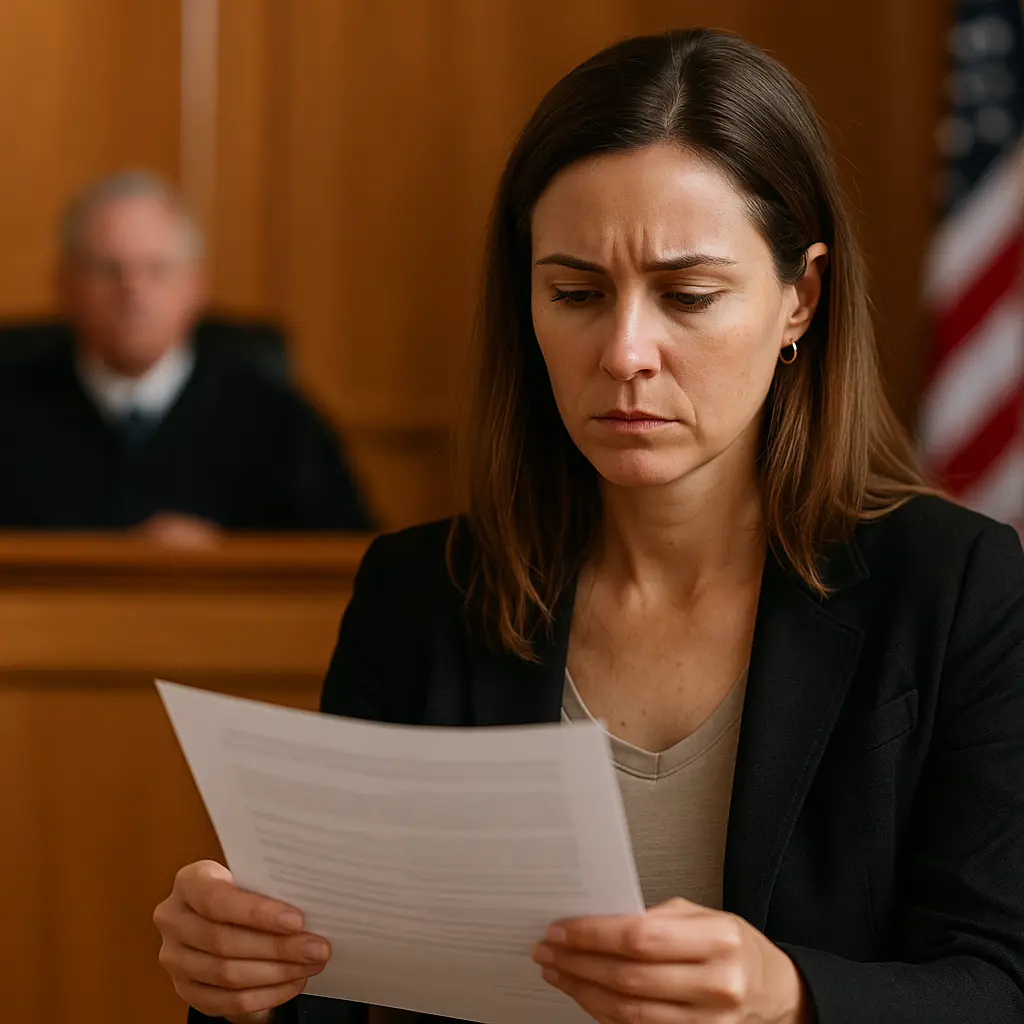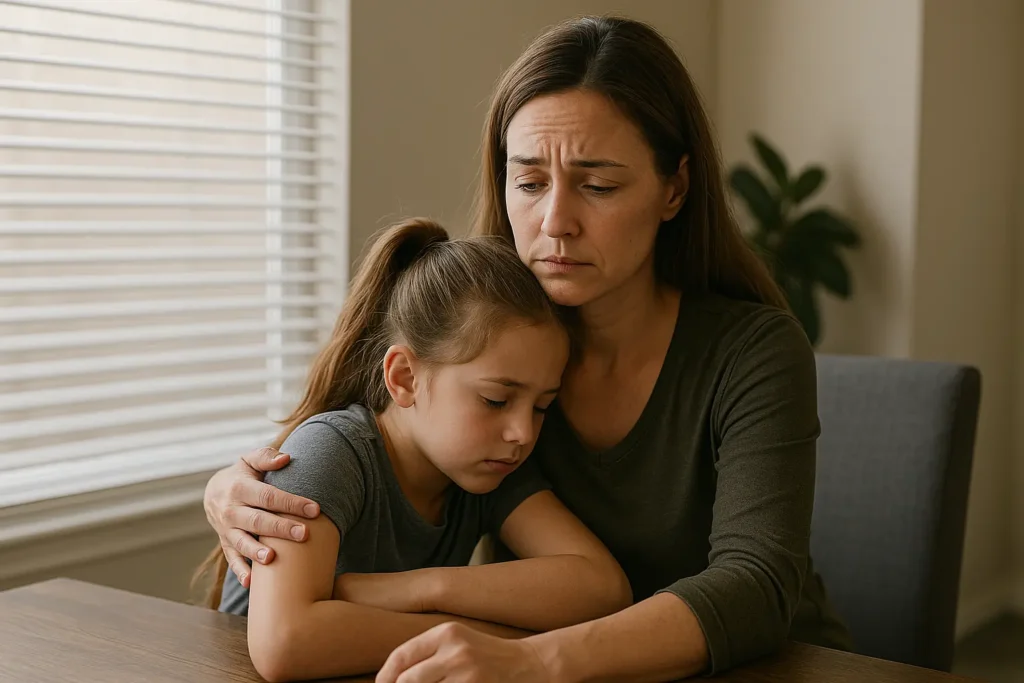
How divorce changes a woman goes far beyond a new address or sleeping alone—it redefines nearly every aspect of her life. In Texas, these changes are shaped by laws that govern property division, spousal support, parenting plans, and legal protections. A woman’s legal identity may shift, her financial responsibilities often increase, and her daily routines undergo a complete overhaul. Understanding how divorce changes a woman means recognizing how these legal and emotional transformations unfold in real time. It’s not just about signing documents—it’s about adapting to new roles, reclaiming independence, and navigating a life that suddenly looks very different.
Legal Status and Identity After Divorce
Marriage joins two lives legally. Divorce separates them. That shift goes beyond splitting property or changing where you live. In Texas, divorce restores your legal identity as a single individual. You lose certain legal rights you had as a spouse.
Common Legal Shifts After Divorce
- You can no longer make decisions on your former spouse’s behalf
- You lose automatic access to healthcare benefits tied to their employer
- You no longer have spousal rights to inherit without a will
- You may be required to restore your maiden name
Texas allows women to request a name change during the divorce process. If you don’t include this in your petition or final decree, you must file a separate court action later.
Emotional Impact and Legal Pressure
Divorce takes a toll emotionally. In Texas, the legal system can make that weight feel heavier. Court procedures, required disclosures, and formal hearings often create stress during an already difficult time.
Women often feel pressure to stay composed while navigating legal deadlines, hearings, and financial disclosures. If abuse or control existed during the marriage, dealing with the court system can reopen wounds.
Texas courts don’t require fault to grant a divorce, but a spouse can still cite cruel treatment, abandonment, or adultery. These allegations don’t just affect emotions. They can also shape how judges divide property or award support.
Property Division and Financial Stability
Texas follows community property law. That means the court presumes all property acquired during the marriage belongs equally to both spouses. But that doesn’t always mean a 50-50 split.
Financial Shifts Women Face
- Losing access to joint income
- Adjusting to single-income housing
- Facing credit issues if debts weren’t divided clearly
- Needing to reenter the workforce or change jobs
Judges in Texas divide property in a way they believe is “just and right.” That includes considering each spouse’s earning ability, custody duties, and contributions to the marriage.
Women who paused careers to raise children often face a bigger financial adjustment. Without clear planning, divorce can lead to long-term income gaps.
Spousal Maintenance Isn’t Guaranteed
]Texas has strict rules for spousal maintenance. The court doesn’t automatically award monthly support to the lower-earning spouse.
To receive support, a woman must show one of the following:
- The marriage lasted at least 10 years, and she lacks the ability to earn enough
- She or a child in her care has a disability
- She was married to someone who committed family violence
Even if granted, the amount and duration of spousal maintenance are limited. This can come as a surprise to women who assumed long-term support was part of every divorce.
Child Custody and Parenting Plans
Divorce changes how parenting works, even in peaceful situations. In Texas, courts prioritize what’s best for the child. That often means both parents share rights and duties, unless one parent poses a risk.
Women who were primary caregivers during the marriage often assume they will keep the same role. But the court looks at many factors, including:
- Stability of each home
- History of involvement
- Ability to meet the child’s needs
- Willingness to support co-parenting
Texas courts prefer to grant joint managing conservatorship. This gives both parents a say in medical, educational, and legal decisions. It does not always mean equal time with the child.

Standard Possession Order in Texas
The Standard Possession Order (SPO) outlines when the noncustodial parent sees the child. For women who become the primary parent, this schedule becomes their new reality.
The typical SPO includes:
- First, third, and fifth weekends of each month
- Thursday evenings during the school year
- Extended time during summer and holidays
Women may feel the burden of full-time caregiving, especially if the father chooses not to fully use his visitation time.
Child Support Enforcement and Gaps
Texas uses a strict formula to calculate child support based on the noncustodial parent’s income. However, enforcement can be difficult if the paying parent falls behind.
Women often carry the financial responsibility during gaps in support. The Office of the Attorney General handles child support enforcement, but the legal process can move slowly.
Rebuilding Credit and Accessing Funds
Divorce affects credit scores. Joint debts, late payments during the process, or removal from shared accounts can lower your score quickly. Women who had limited access to credit during marriage may struggle to qualify for loans or housing after the split.
To regain control:
- Open accounts in your name only
- Monitor your credit report for any missed accounts
- Remove your name from any joint cards or co-signed loans
Building financial independence starts with access and awareness. Texas courts can order the division of retirement accounts, but those funds may not be liquid. Women often need to budget carefully during the transition period.
Domestic Violence Protections
Texas allows women to seek protective orders if violence or threats occur during or after divorce. These orders can limit contact, remove a spouse from the home, and prevent access to firearms.
Women experiencing abuse often face legal intimidation. The court can connect survivors to legal aid or victim services. Judges take abuse seriously, but women must document incidents and follow court procedures carefully to gain protection.

Health Insurance and Medical Needs
Divorce can end your access to employer-sponsored health insurance if it came through your spouse. Women must seek their own coverage immediately after divorce to avoid gaps.
Options include:
- COBRA continuation (temporary, expensive)
- HealthCare.gov marketplace plans
- Medicaid (based on income)
- Employer plans if eligible
Medical expenses, prescription needs, and coverage gaps can drain finances. Planning ahead helps you avoid out-of-pocket shocks after coverage ends.
Retirement and Long-Term Planning
Texas law allows the court to divide retirement assets as part of the community property split. This includes 401(k)s, pensions, IRAs, and other investment accounts.
Women must file a Qualified Domestic Relations Order (QDRO) to access their share of certain accounts. Without it, the financial institution won’t divide the plan.
Women who stayed home to raise children often have smaller retirement balances. After divorce, they need to reassess long-term plans and adjust savings strategies.
Career Reentry and Income Building
Divorce often forces women to reenter the workforce. Some may need to return after years away. Others may need to shift to full-time work to cover expenses.
Texas does not factor in lost opportunity due to homemaking when dividing property. The court may acknowledge it, but women must still prepare to stand on their own financially.
Consider:
- Job training or certification
- Free workforce programs in Texas
- Online freelance or gig work for flexible income
Financial recovery starts with income. Even part-time work can build confidence and momentum.
Final Thoughts
How divorce changes a woman extends far beyond the end of a marriage—it reshapes her identity, finances, and legal standing. In Texas, these changes carry real weight, affecting everything from property division and spousal support to custody arrangements and credit health. You’re not just splitting a household; you’re reclaiming control and redefining your future. Understanding how Texas divorce laws apply empowers you to make informed choices and take charge of your next chapter. The earlier you address each area—assets, support, parenting, insurance—the sooner you can rebuild with clarity, strength, and purpose.

Other Related Articles:
- Why Filing For Divorce In Texas Is Becoming More Common
- Understanding Pro Bono Divorce Lawyers In San Antonio Through Real-Life Examples
- Why How Much Is A Divorce With A Child Is Becoming More Common in Texas
- Reclaiming your identity: The power of changing your name after a divorce
- Who Loses the Most During a Divorce?
- What are The Four Emotional Stages of Divorce?
- What Percentage of People Regret Filing For Divorce?
- Does It Matter Who Initiates a Divorce?
- Does My Husband Have To Pay the Bills Until We are Divorced?
- Issues Related to Women in Texas Divorces
Frequently Asked Questions
In Texas, marital property is typically divided through a community property system, which means that both spouses have equal ownership of property acquired during the marriage. Upon divorce, community property is usually divided equally between the spouses. However, specific outcomes can vary based on individual circumstances and the decisions made during the divorce proceedings.
Divorce can have a significant impact on a woman’s life. It often involves emotional and financial adjustments. Women may experience a range of emotions, including sadness, relief, and uncertainty. The financial implications can vary, but some women find newfound independence, while others may face financial challenges.
The impact of divorce on a woman’s life can vary widely. Some women experience improvements in their lives, such as increased independence and the opportunity for personal growth. Others may face challenges, especially if they were financially dependent on their spouse. It largely depends on individual circumstances and how one adapts to post-divorce life.
Divorce can bring about significant changes in a person’s life. It often involves emotional upheaval, self-discovery, and adjustments to new circumstances. Some individuals find inner strength and resilience through the process, while others may need time to heal and rebuild their lives. The impact of divorce is highly individual and depends on various factors.


